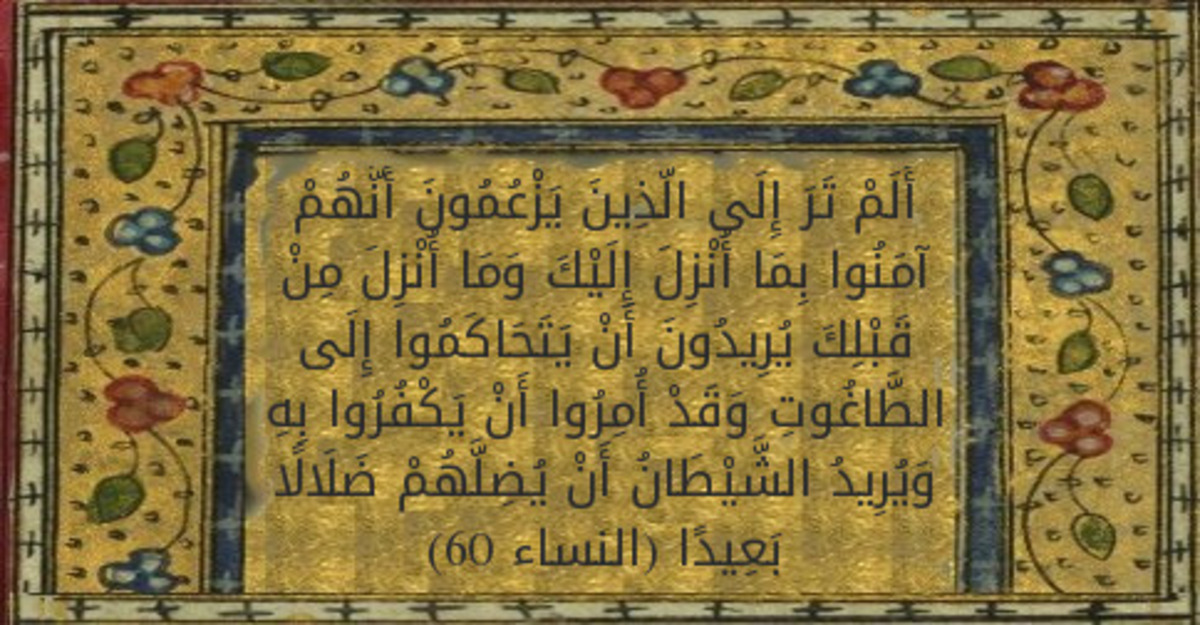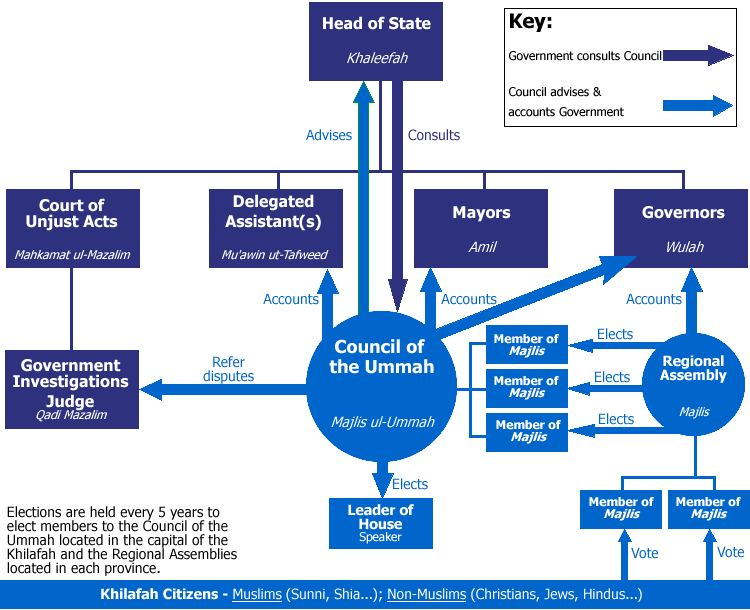Hanafi Fuqaha on Seeking Assistance of the Disbelievers in War

بسم الله الرحمن الرحيم
Usman Badr
Imam Muhammad (d. 189), the companion of Abu Hanifa (d. 150) – Allah’s mercy be on them both – the main transmitter of his madhhab and a mujtahid in his own right, said:
ولا بأس بأن يستعين المسلمون بأهل الشرك على أهل الشرك إذا كان حكم الإسلام هو الظاهر عليهم.
“It is alright for the Muslims to seek the help of polytheists when fighting against (other) polytheists if the rule of Islam is dominant over them.”
(al-Siyar al-Kabir السيار الكبير , 4:191, emphasis added)
This is the authoritative statement on the matter in the Hanafi madhhab. Imam Muhammad clarifies the hukm of what is designated in fiqh as the issue of seeking assistance in war from the disbelievers. He notes that assistance can be sought when Islamic rule is dominant. The implication of this condition is operative. That is, when Islamic rule is not dominant, seeking assistance is not allowed. In other words, seeking assistance is strictly conditional. If, and only if, the rule of Islam is dominant, it is allowed for the Muslims to use non-Muslims in war. When Islam is not dominant, that is, when the disbelievers are dominant, it is not allowed.
Two points need to be clarified here. One, the rule of Islam being dominant refers to the existence of Dar al-Islam, which is the Abode wherein the rules of Islam (Shari’ah) are applied and the security of the lands is secured by the authority of Islam, that is, by the Muslims. Two, seeking assistance can be of the form where the Muslims ask some non-Muslims – such as the Ahl al-Dhimma (Non Muslim citizens) living in Dar al-Islam – to fight with them or it can be of the form where some non-Muslims request to fight alongside the Muslims. In other words, the request can come from either side. However, in either case, the non-Muslim must fight under the command and leadership of the Muslim army.
Imam Muhammad goes on to respond to a contention made by some that since al-Zubayr (ra), from the Muslims who migrated to Habasha, fought with the Najashi when an enemy of his fought him, it is allowed for Muslims even to fight under the command of a non-Muslim army. Imam Muhammad responds to this by saying that the correct interpretation of these narrations is that either the Najashi was a Muslim as the time or the Muslims had no other choice as indicated by some narrations. He stated,
هذا الحديث يستدل من يجوز قتال المسلمين مع المشركين تحت رايتهم، ولكن تأويل هذا من وجهين عندنا: أحدهما: أن النجاشي كان مسلما يومئذ، كما روي، فلهذا استحل الزبير القتال معه. والثاني: أنه لم يكن للمسلمين يومئذ ملجأ غيره
“This hadeeth indicates that it is permissible for Muslims to fight with polytheists under their banner, but this interpretation has two aspects for us: One: that the Negus was a Muslim on that day, as narrated, so Az-Zubayr turned fighting with him. The second: that the Muslims did not have other alternate recourse at that time” Therefore it is an exceptional case which cannot be generalised.
Shams al-A’imma Abu Bakr Muhammad ibn Abi Sahl al-Sarakhsi (d. 483), one of the early Hanafi fuqaha, explains the evidence for the above-mentioned Hanafi position in his commentary on al-Siyar al-Kabir. He notes that the Prophet (saw) sought the assistance of the Jews of Bani Qanuqa’ against Bani Quradha and he allowed some disbelievers to come to battle with the Muslims as in the case of Safwan in Hunain and Ta’if. He explains that this type of action is but an instrumental use of the disbelievers for an end that is to the benefit of the Muslims. At the same time, he adds, that in other cases the Prophet (saw) refused disbelievers to fight with him, such as in the case of Jewish allies of Abdullah ibn Ubayy who came along to fight in Uhud. The Prophet (saw) ordered them to return saying,
إنا لا نستعين بمن ليس على ديننا
“We do not seek assistance from disbelievers.”
Al-Sarakshi mentions that in such cases those who were refused were a Ahl ul-Man’ah (أهل منعة Considerable Force) in which case it is disliked to allow them, as they could turn against the Muslims if the Muslims suffer a blow and find themselves weak. This is in the case where the disbelievers intend to fight under the banner and command of the Muslims. As for the case where the disbelievers are a considerable force and they intend to fight under their own banner and leadership, this is absolutely prohibited (Sharh al-Siyar al-Kabir شرح السيار الكبير 4:191-3).
Al-Sarakhsi also addressed the issue in his fiqh masterpiece al-Mabsut المبسوط (10: 23-24). Here again he mentions some cases in which the Prophet (saw) refused disbelievers from fighting with him and others where he allowed it. He notes that the difference is in the strength of the disbelievers and whether they fight under the Muslims or by themselves. When they fight as individuals who does not comprise a strong force, they can be allowed for in this case doing so serves our purpose and there is not threat. But if they want to fight as a separate entity under their own banner, this is not allowed as it entails a potential threat. Al-Sarakhsi cites the hadith in which the Prophet asked the Jewish allies of Abdullah ibn Ubay to return in Uhud, summarising the hukm as follows:
تأويله أنهم كانوا متعززين في أنفسهم لا يقاتلون تحت راية المسلمين، وعندنا إنما يستعين بهم إذا كانوا يقاتلون تحت راية المسلمين، فأما إذا انفردوا براية أنفسهم فلا يستعان بهم، وهو تأويل ما روي عن النبي – صلى الله عليه وسلم – أنه قال: «لا تستضيئوا بنار المشركين» ، وقال – صلى الله عليه وسلم -: «أنا بريء من كل مسلم مع مشرك» يعني: إذا كان المسلم تحت راية المشركين.
“The correct interpretation of this hadith is that they were powerful in themselves not fighting under the Muslims’ banner. For us, we only seek assistance from them if they were fighting under the Muslims’ banner. If instead they want to fight under their own banner then we do not seek assistance from them. This is also the correct interpretation of the Prophet’s (saw) saying,
لا تستضيئوا بنار المشركين
‘Do not seek light from the fire of the polytheists’
and his (saw) saying,
بريء من كل مسلم مع مشرك
‘I am free from every Muslim who fights together with a polytheist’,
meaning if the Muslim is under the polytheists’ banner.”
This is the basic position on this matter according to the Hanafi fuqaha, reiterated by other early and later scholars as the following two citations also show. Abu Bakr al-Jassas, (أبو بكر الجصاص) in (أحكام القرآن) hid Ahkam al-Qur’an 2:559 said,
وقال أصحابنا: لا بأس بالاستعانة بالمشركين على قتال غيرهم من المشركين إذا كانوا متى ظهروا كان حكم الإسلام هو الظاهر, فأما إذا كانوا لو ظهروا كان حكم الشرك هو الغالب فلا ينبغي للمسلمين أن يقاتلوا معهم.
“Our companions (Hanafi fuqaha) said that it is okay to seek assistance from the polytheists when fighting other polytheists when the rule of Islam is dominant. If the rule of shirk is dominant, Muslims should not fight with them.”
And Alaa’ al-Din al-Kasani ( علاء الدين الكاساني) in his (بدائع الصنائع) Bada’i al-Sana’i, (7:101) said,
ولا ينبغي للمسلمين أن يستعينوا بالكفار على قتال الكفار؛ لأنه لا يؤمن غدرهم، إذ العداوة الدينية تحملهم عليه، إلا إذا اضطروا إليهم
“The Muslims should not seek assistance from the disbelievers in fighting other disbelievers – except in the case of dire necessity – because there is no security from their betrayal. Their enmity against Islam pushes them towards such betrayal.”
We may note in the reasoning of the Hanafi fuqaha, based on the evidences, that their concern is with Muslims not falling under the influence of the disbelievers or being utilised for their agenda or for the protection and furtherance of their interests. This is why they stipulate that seeking their assistance or allowing them to fight with us is only allowed when Islam is dominant and they fight under our authority. In such a case, they serve our interests and there is nothing to fear. If this is not the case, however, then we would be serving their interests and the blood of Muslims would be split in the service of the interests and agendas of kufr entities.
This reasoning is also discernible in the related issue of seeking the assistance of disbelievers against Muslim rebels. Ibn ul-Humam (ابن الهمام) mentions in Fath al-Qadir (فتح القدير) (6: 109) that Ahl al-Adl (those who have the legitimate authority in the eyes of Shari’ah) can use the Ahl al-Dhimma in fighting the rebels so long as the fight remains within Dar al-Islam. But if the fight moves to Dar al-Shirk, they cannot use the assistance of any disbelievers.
We may conclude by saying that in this issue there are a number of ahadith in which the Prophet (saw) explicitly prohibits seeking the assistance of disbelievers in war, such that the hadith extracted by Ahmad and al-Nasa’i in which he (saw) said,
لاَ تَسْتَضِيئُوا بِنَارِ الْمُشْرِكِينَ
‘Do not seek light from the fire of the disbelievers.’ [Ahmad]
However, in other ahadith he (saw) did seek the assistance of some disbelievers or allowed them to fight with him. This is because the prohibition is not absolute but conditional and subject to a criteria. For the Hanafi fuqaha this criteria is the dominance of Islam and that any disbelievers fighting with us fight under our banner and leadership. This will only be the case in the case of individuals or small groups. As for anything that means they fights as separate entities or we fight for their interests, this is not allowed.





